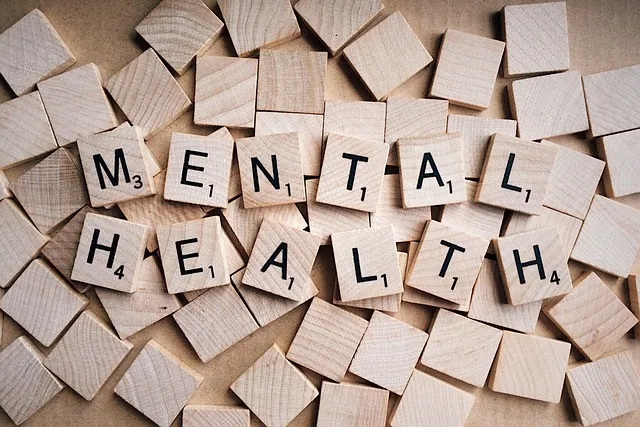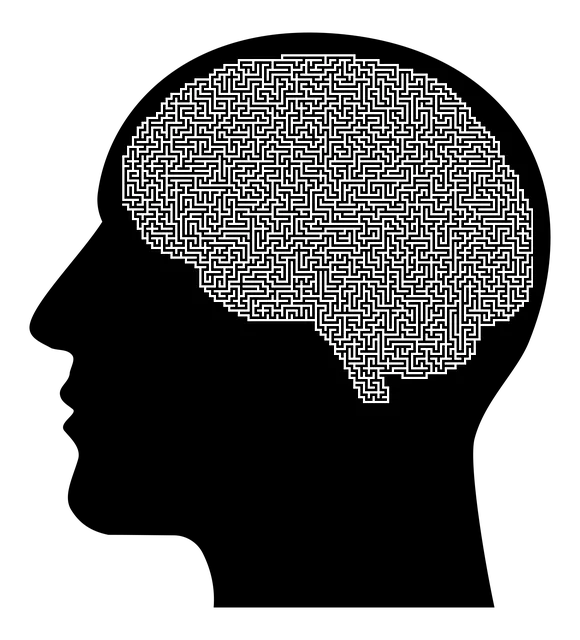Kaiser Permanente Mental Health Northglenn offers a unique, holistic approach to group facilitation, prioritizing a safe space for emotional healing and resilience-building. Trained professionals utilize evidence-based methods like Compassion Cultivation Practices and Mood Management techniques to empower participants with coping strategies within a supportive community. Effective communication, active listening, empathy, and confidentiality foster open dialogue, while interactive exercises promote self-reflection and cultural sensitivity. Measuring impact through pre/post questionnaires, peer evaluations, and mood management assessments ensures continuous improvement in their mental wellness programs.
Mental wellness group facilitation plays a pivotal role in enhancing the well-being of individuals within communities, especially those served by organizations like Kaiser Permanente Mental Health Northglenn. This article delves into proven techniques for facilitating effective group sessions, focusing on creating safe spaces and fostering active participation. By exploring Kaiser Permanente’s unique approach to group facilitation, understanding key communication strategies, and implementing measurable evaluation methods, mental health professionals can revolutionize support systems, ensuring positive outcomes for participants.
- Understanding Kaiser Permanente Mental Health Northglenn's Approach to Group Facilitation
- Creating a Safe and Supportive Environment for Participants
- Effective Communication Strategies for Group Facilitators
- Techniques to Foster Active Engagement and Participation
- Measuring and Evaluating the Impact of Mental Wellness Group Sessions
Understanding Kaiser Permanente Mental Health Northglenn's Approach to Group Facilitation

Kaiser Permanente Mental Health Northglenn takes a holistic approach to group facilitation, focusing on creating a safe and supportive environment for all participants. Their technique emphasizes building community among group members, fostering open communication, and encouraging active engagement in sharing experiences and strategies. The facilitators at Kaiser Permanente Mental Health Northglenn are trained professionals who employ evidence-based practices, such as Compassion Cultivation Practices, to enhance emotional well-being and promote healing.
Through regular Risk Assessment for Mental Health Professionals, the team ensures that each individual’s unique needs are addressed with care and expertise. By integrating Mood Management techniques into their facilitation, they help members develop coping mechanisms and build resilience in a group setting. This collaborative approach not only enhances mental wellness but also equips participants with valuable tools to navigate life’s challenges effectively.
Creating a Safe and Supportive Environment for Participants

Creating a safe and supportive environment is paramount when facilitating mental wellness groups, especially in communities like Northglenn where organizations like Kaiser Permanente offer mental health services. Facilitators play a crucial role in fostering an atmosphere that encourages participants to open up and share their experiences. This involves active listening, empathy, and ensuring confidentiality, allowing individuals to feel heard and understood without fear of judgment.
By prioritizing mental health awareness and promoting self-care routine development, facilitators can help participants navigate challenging topics. The design of these mental health education programs should focus on creating a sense of belonging and community, mirroring the benefits of social support networks known to enhance overall well-being. This approach aligns with Kaiser Permanente’s Northglenn mental health initiatives, aiming to revolutionize mental wellness through accessible and supportive group facilitation techniques.
Effective Communication Strategies for Group Facilitators

Effective communication is a cornerstone of successful group facilitation, especially when addressing mental wellness topics in Northglenn communities like Kaiser Permanente mental health centers. Group facilitators play a vital role in creating a safe and supportive environment where participants feel heard and understood. This involves active listening—a skill that enables facilitators to grasp individual perspectives, identify unspoken concerns, and foster meaningful discussions.
Clear and concise language is another critical aspect. Using simple, accessible terms helps ensure everyone understands the concepts being discussed, including Mind Over Matter principles for resilience building and Self-Care Routine Development for Better Mental Health. Facilitators should also be mindful of their tone, ensuring it remains empathetic, non-judgmental, and encouraging to promote open dialogue. This approach encourages participants to share their experiences, challenges, and coping strategies, fostering a sense of belonging and collective support.
Techniques to Foster Active Engagement and Participation

Engaging participants actively is a key technique to ensure effective group facilitation for mental wellness programs, such as those offered by Kaiser Permanente mental health Northglenn. Encouraging active participation fosters a sense of community and empowers individuals to take ownership of their mental health journey. Facilitators can employ various strategies to achieve this, including interactive exercises that promote self-reflection and open dialogue. For instance, starting sessions with icebreakers or group introductions allows members to connect on personal levels, fostering a supportive environment.
Additionally, incorporating diverse activities like Mental Wellness Journaling Exercises and leveraging Cultural Sensitivity in Mental Healthcare Practice can further enhance engagement. These techniques not only cater to different learning styles but also respect and celebrate individual cultural backgrounds. By providing guidance for journaling exercises tailored to mental wellness themes, facilitators enable members to process their emotions and experiences in a safe space. This inner strength development encourages active participation by helping individuals discover and express their thoughts, fostering deeper connections within the group.
Measuring and Evaluating the Impact of Mental Wellness Group Sessions

Measuring and evaluating the impact of mental wellness group sessions is a crucial aspect of ensuring their effectiveness, especially in initiatives like those offered by Kaiser Permanente mental health Northglenn. Facilitators can employ various methods to assess the progress and well-being of group members. One approach involves pre-and post-session assessments, where participants are asked to complete standardized questionnaires gauging their mental health status, including symptoms of anxiety, depression, and stress levels. This data provides a baseline and allows for tracking improvements over time.
Additionally, facilitators can incorporate feedback mechanisms during sessions, encouraging members to share their experiences and perceptions. Strategies like self-report measures, peer evaluations, and observational notes help capture the impact of group dynamics, empathy-building strategies, and inner strength development. Regular mood management assessments can also reveal patterns and provide insights into the overall success of the program, ensuring continuous improvement in mental wellness support.
Kaiser Permanente Mental Health Northglenn’s comprehensive approach to group facilitation creates a supportive environment that enhances mental wellness. By implementing effective communication strategies, fostering active engagement, and utilizing measured evaluation techniques, facilitators can provide a transformative experience for participants. This holistic method not only improves individual mental health but also contributes to the overall well-being of the community, reflecting Kaiser Permanente’s commitment to accessible, quality care.






